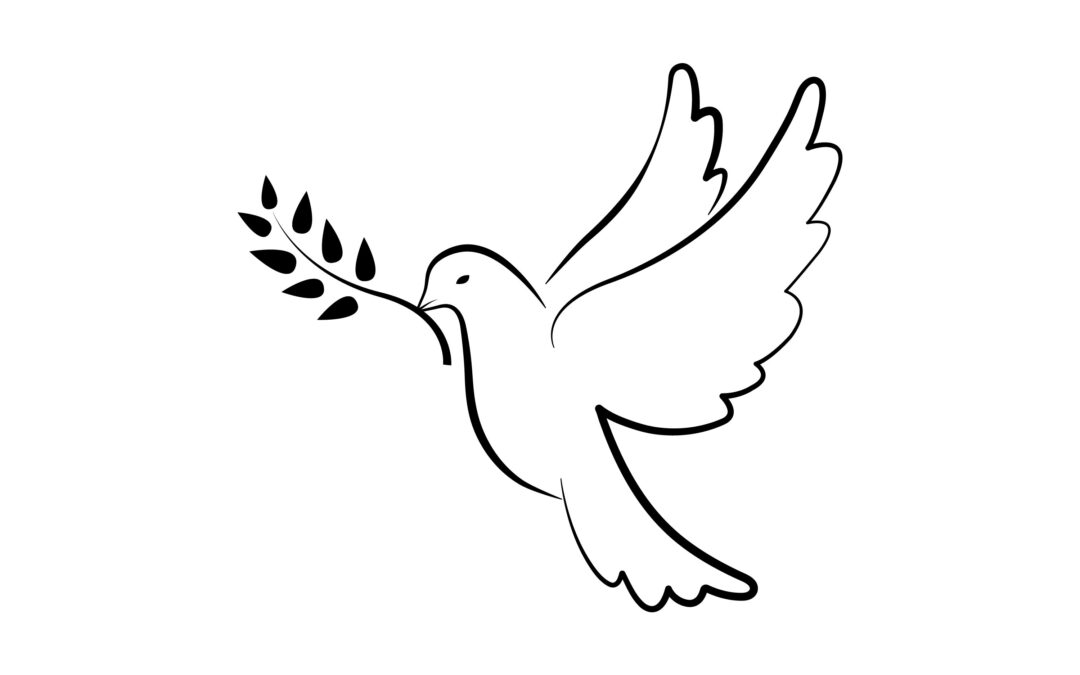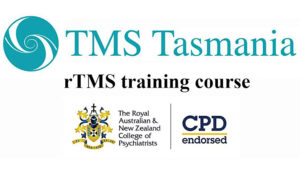The National Association of Practising Psychiatrists (NAPP) monitors social and political events that may impact our members and their patients. The recent war in Gaza and the Middle East have evoked strong emotions in individuals from all sides of this conflict.
Australia has not been immune to these influences, and we have witnessed a terrible rise in racist attitudes and behaviours, as well as understandable concerns for all innocent people caught up in the conflict. There is absolutely no place for racism, discrimination, or hatred in Australia.
What is our role as psychiatrists when faced with the impacts of such wars and catastrophes?
During these times, we encourage clinical skills of compassion, clarity, reflection and containment. Also, psychiatrists explore deep understandings of human nature. Most doctors consider ‘the art of medicine’ and ‘the doctor patient relationship’,and may not acknowledge the unconscious.
It goes without saying that compassion is an essential component of all aspects of psychiatric practice, and of the doctor -patient relationship.
However, clarity and the capacity for reflective thought, must not be lost. These, too, are essential components for good psychiatric practice.
It is harder than ever to know the accuracy of the information with which we are provided.
We live in a time of social media, fake news and a barrage of visual images of terrible events. We always need to consider: what is true? The 24-hour media cycle impacts on careful considerations of highly complex and/or contentious issues.
As psychiatrists we will be distressed by these events, and even more so if we have any personal connection, conscious or unconscious, with any aspect of any world conflict.
Traumatic imagery can cause vicarious traumatisation, which can damage or restrict the capacity for thoughtful reflection and flexible thought. Psychiatrists know that psychological trauma can impact deleteriously upon the brain.
Rage and hatred are particularly toxic for reflective thought and for trauma informed care. This toxicity is noted in many philosophies and religious traditions, outside of psychiatry.
Formal space for reflection and emotional processing are required. This protects against reactivity and facilitates safety in thinking, being and feeling, both for individuals and groups.
We do well to remember that when doctors have engaged politically in past historical periods, perverse and traumatising clinical practices have occurred. The Nazi doctors participated in mass murders. Some Soviet doctors redefined political dissidents as psychiatric patients.
The huge scope of world issues can lead to passivity, passive collusion and avoidance, which achieve nothing. It is still true that terrible things happen because good people do nothing.
However these events can evoke impulsive words and acts, which do not sit well in psychiatric practice.
Compassion without careful consideration of the underlying facts or circumstances can lead, inadvertently, to perpetuating abuse and trauma.
As psychiatrists we must reject active hatred, destructiveness and lies, and foster constructive responses to these urges. We need seek out the truth and speak and act with compassion and thoughtfulness. Those of us directly impacted emotionally may need to self-monitor even more carefully than usual.
Support and connection are vital and sustaining. We need to try and hold space for turbulent feelings, of our own and those of others, in the pursuit of understanding, and tolerance of difference. These protect against hatred and violence.
This will take time and effort. However good psychiatric practice has always required time and effort. It is worth the time and effort.
“My love is something valuable to me which I ought not to throw away without reflection.”
– Sigmund Freud, Civilisation and Its Discontents 1929


